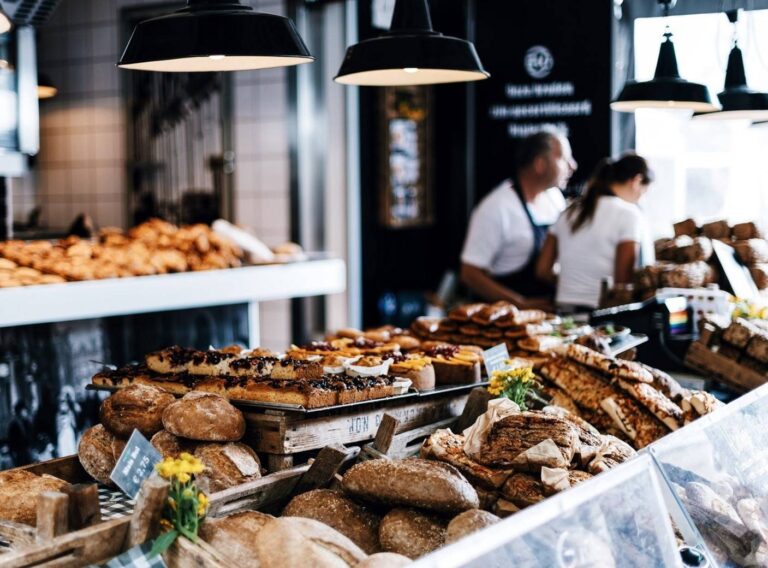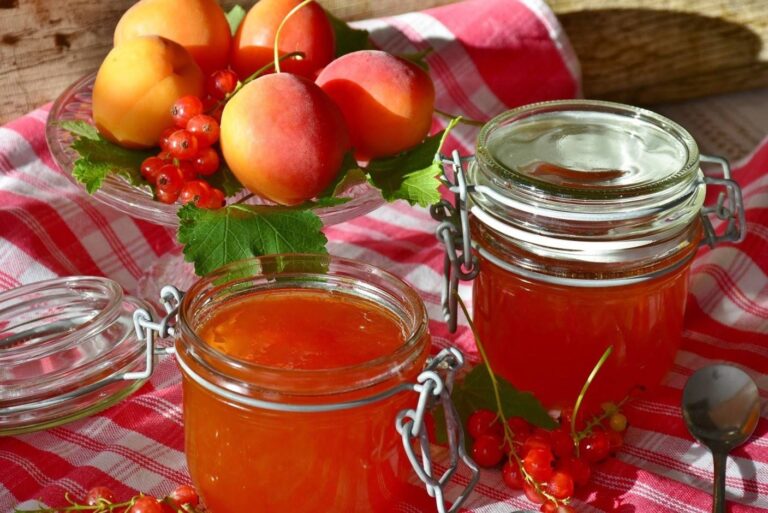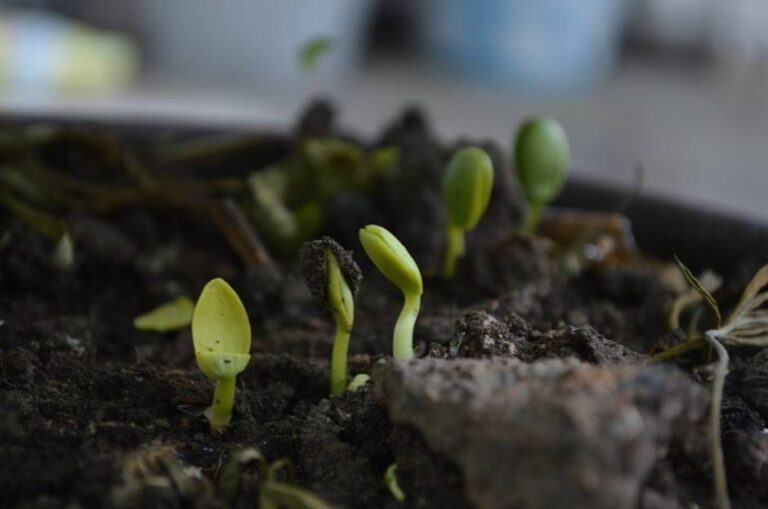
The Latest Strategies in Treatments for Addiction
Helping people with addiction is complex — and often challenging. Over the years, myriad health and wellness practitioners, psychotherapists, social workers, and others have utilized a wide range of strategies, with varying success rates. With all types of substances, including the devastating opioid crisis, treatment professionals continue to try to provide diverse, innovative, personalized strategies to help with immediate crises as well as long term recovery and health.
Here are some of the latest techniques and strategies in helping people with addiction.











